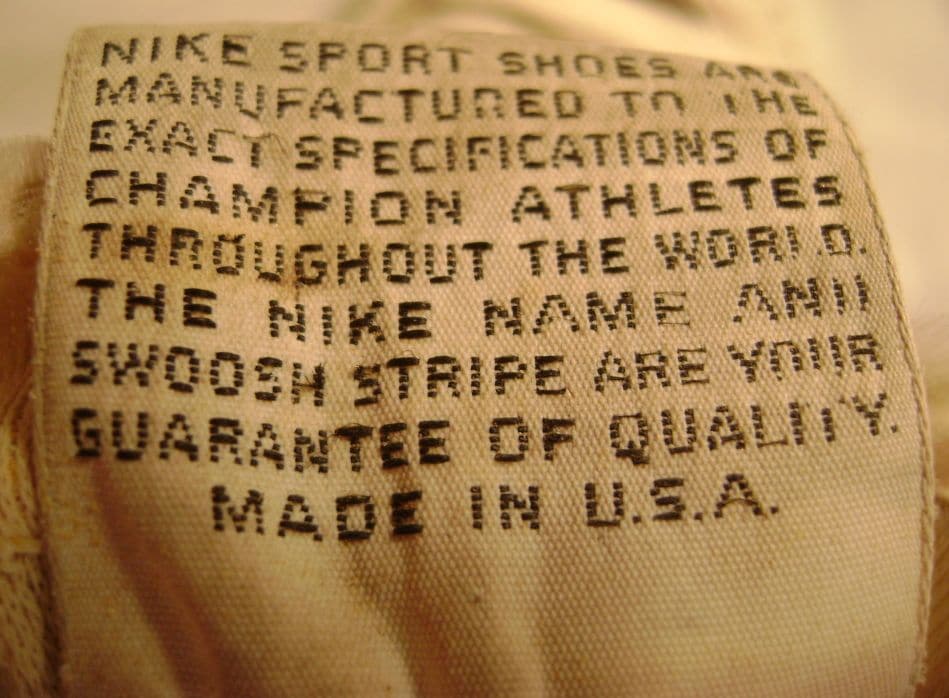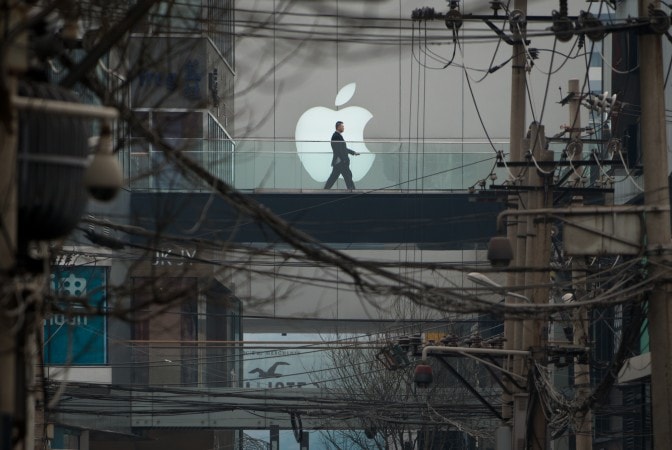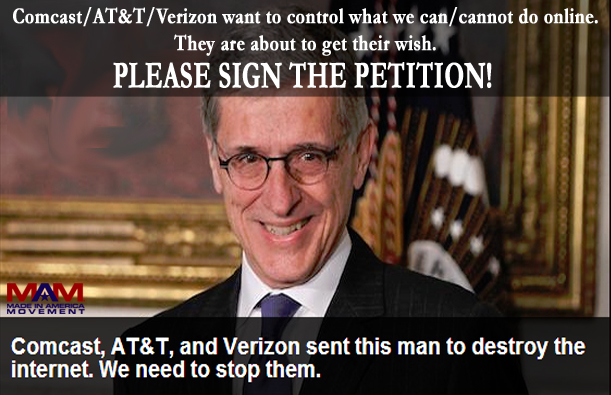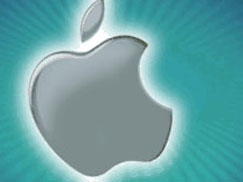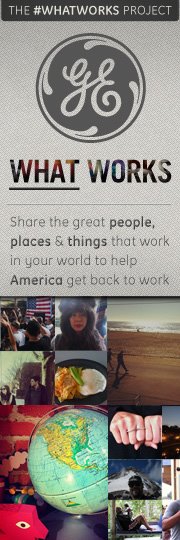As it prepared to welcome President Obama to its headquarters campus Friday morning, Nike announced it would pour more money into advanced footwear manufacturing in the United States if and when the Trans-Pacific Partnership free trade agreement is approved. Read more
The Chinese Communist Party has created a new law that allows it to selectively ban foreign imports while propping up its own companies. The new law uses a loophole in world trade, and could push U.S. technology companies out of China. Read more
MADISON TOWNSHIP — So far, this summer has been a little lacking in sunlight, but still, one man’s new addition to his backyard in Lackawanna County is doing well. Read more
Their lobbyists and lawyers have taken over the FCC — the agency meant to keep them in check. Now, the former lobbyist running the FCC is about to announce new rules that will kill Net Neutrality — the rule that stops Comcast, AT&T, or Verizon from deciding which sites you’re allowed to visit.
There are two specific subcommittees in Congress that could stop this decision before its officially proposed on May 15th, or even overturn it.
Right now, the internet works like this: both people and websites pay money to their local (often monopolistic) Internet Service Provider (ISP) like Comcast or Verizon. In return, they’re hooked up to the internet. Information flowing through the internet is all treated equally. Under these new rules, the ISPs could hold us hostage. Verizon could refuse to let us see Youtube unless Google hands them wheelbarrows full of cash. People researching medications might not be able to find the studies showing serious side effects if Pfizer, GlaxoSmithKlein and others pay big bucks to get their sites to show up fastest. Most alarmingly, the legal basis of these rules could allow ISPs to censor any site they didn’t like.
Groups like SumOfUs only exist because of the open internet of today. Under these new rules, new innovations would find it much harder to take off, because their superior design would be behind an intentionally broken and slow connection. Sites like Wikipedia could disappear from public view or start plastering themselves in ads to pony up the cash needed to pay Comcast, AT&T, and Verizon for the privilege of allowing us to access them.
The head of the FCC is a former lobbyist and telecommunications executive, and he’s hired Comcast, Verizon, and AT&T corporate flacks into the FCC specifically to draft rules for destroying the internet. No wonder they love his proposal.
This is an all-hands on deck moment.
December 27, 2012
A report from the Taiwanese tech publication DigiTimes, quoting sources in the upstream supply chain, said Apple is set to move its Mac Mini production lines back to the U.S. “Currently, Foxconn has about 15 operating bases in the U.S., and the company reportedly plans to start recruiting workers in 2013 for new automated production lines,” the report said.
Foxconn, the Taiwanese manufacturing company that makes the iPhone handset, among other Apple components, would be responsible for handling the establishment of production, DigiTimes reported. The Mac Mini offers third-generation Intel Core processors, an integrated memory controller that connects 1,600MHz memory directly to the processor, Intel HD Graphics 4000, either a 500GB or 1TB 5,400rpm hard drive and up to 256GB of flash storage in a solid-state drive instead of a traditional hard drive.
According to a DigiTimes research report, Apple’s Mac Mini shipments are projected to rise 30 percent to 1.8 million units in 2013, up from 1.4 million units in 2012. Apple upgraded the Mac Mini in October, which now includes four USB 3.0 ports in addition to its Thunderbolt, High Definition Multimedia Interface (HDMI), Secure Digital Extended Capacity (SDXC), Gigabit Ethernet and FireWire 800 ports.
The Mac Mini is available with a 2.5GHz dual-core Intel Core i5 with Turbo Boost speeds up to 3.1GHz, 4GB of memory and a 500GB hard drive for $599; a 2.3GHz quad-core Intel Core i7 with Turbo Boost speeds up to 3.3GHz, 4GB of memory and a 1TB hard drive for $799; and a 2.3GHz quad-core Intel Core i7 with Turbo Boost speeds up to 3.3GHz, OS X Server, 4GB of memory and two 1TB hard drives for $999.
Earlier this month, Apple CEO Tim Cook told NBC news anchor Brian Williams that Apple will, in fact, be moving the production of one of its Mac lines to America, a move that will cost the company approximately $100 million.
In the interview, Cook’s first since he took the helm as CEO in mid-2011, he also said the company plans to build a data center in Texas, in addition to existing data centers in North Carolina, Nevada and Oregon. Cook declined to state specifically where the computers would be made, however.
“We’ve been working for years on doing more and more in the United States,” Cook told Williams. “When you back up and look at Apple’s effect on job creation in the United States, we estimate that we’ve created more than 600,000 jobs now.”
What Works Project Overview
General Electric (GE) and GOOD/Corps would like to honor your efforts by inviting you and your community to submit photos of people, things and innovations you love that’s made in America to Celebrate What Works!
By participating in the What Works Project, you’ll have a chance to win $500! Your participation will be turned into donations for non-profit partners across the country that support job creation and training. There are several ways to participate and donate to the Non-Profit of the Week:
- Submit a photo of what works in your world – the innovations, innovators, technologies, cutting-edge practices, machines, scientific discoveries, organizations and other features of life that work to advance America. For each submission, GE will donate $1 to our Non-Profit of the Week supporting American jobs.
- Support all your favorite photos by pushing the heart in the upper-left corner. Every time you “Heart” a photo submission, GE will donate $1 to the Non-Profit of the Week.
- Win. Each week five submissions that capture the spirit of the What Works Project weekly prompt will be selected by a Guest Judge, GE and GOOD/Corps to receive a $500 prize.
INQUIRIES
Media: PR Department
Partnership: Marketing
Information: Customer Service

